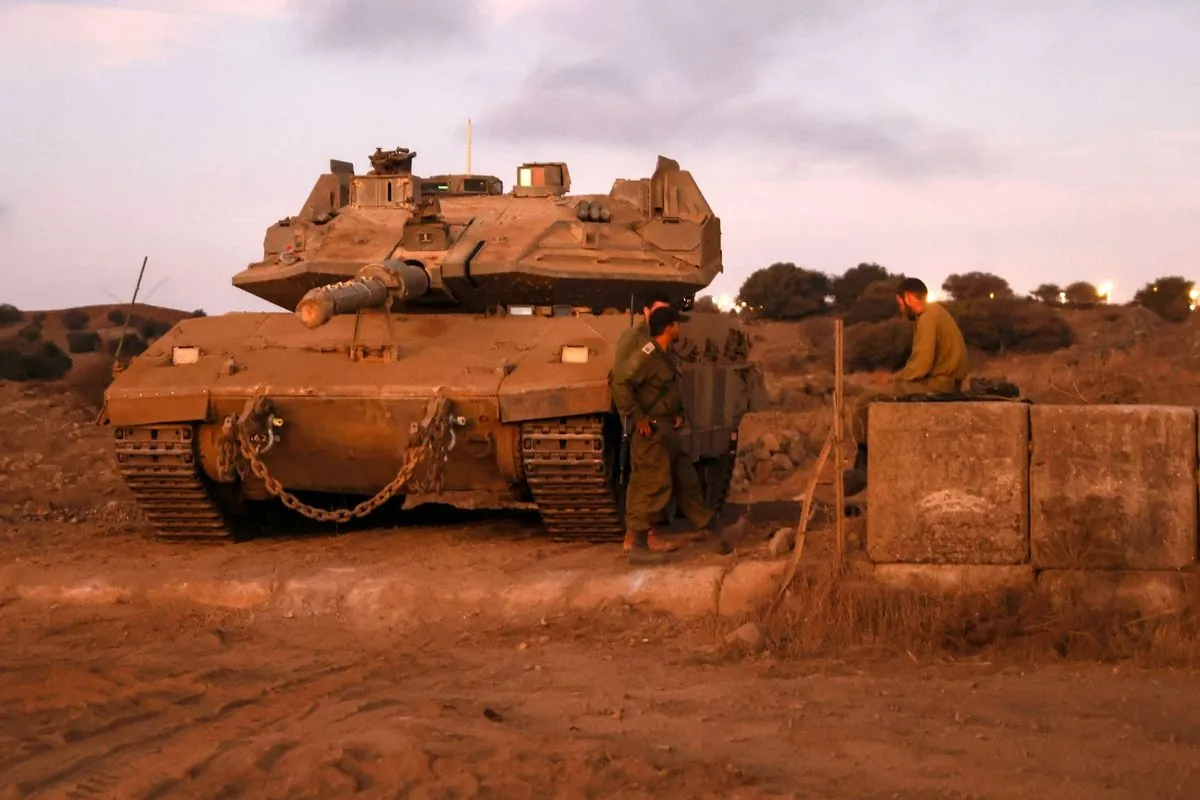In a startling development, Israel has executed a series of unconventional attacks against Hezbollah, utilizing explosive pagers and walkie-talkies. This audacious operation, occurring in September 2024, has ignited a fierce debate regarding its ethical implications and strategic value.
The attacks, which targeted Hezbollah operatives in Lebanon, demonstrated Israel's advanced intelligence capabilities. Mossad, Israel's national intelligence agency established in 1949, reportedly infiltrated Hezbollah's supply chain, inserting explosives into communication devices. This tactic allowed Israel to conduct a widespread assault while minimizing direct engagement.
However, the operation's morality has been questioned. Leon Panetta, former CIA Director from 2009 to 2011, labeled it a form of terrorism. Conversely, Michael Walzer, a renowned political philosopher specializing in just war theory, argued that the attacks were unethical due to potential civilian casualties.
The strategic implications of these attacks are significant. They occur amidst escalating tensions following the October 7, 2023, Hamas attack on Israel and the subsequent conflict in Gaza. Israel appears to be shifting focus towards Hezbollah, which was founded in 1985 in response to Israeli occupation of southern Lebanon.
Some analysts suggest Israel may be preparing for a larger confrontation with Hezbollah. This potential escalation comes as the United States attempts to broker a ceasefire, highlighting diverging approaches between the allies.
The situation is further complicated by regional dynamics. Hezbollah and Hamas, despite both opposing Israel, have had historical disagreements, such as their conflicting stances during the Syrian Civil War that began in 2011. This underscores the complexity of alliances in the region.
The broader Israeli-Palestinian conflict remains a central issue. The two-state solution, proposed as a framework for peace, faces significant challenges. Critics argue that resolving this conflict is crucial for regional stability, while others contend that neutralizing Iran's influence is the primary concern.
"A two-state solution remains the least bad option for resolving the crisis. I mean—what are the alternatives?"
The debate extends to the role of democracy in fostering peace. Some draw parallels to the Bush administration's "freedom agenda," while others emphasize the need for political rights and economic prosperity in Palestinian territories.
As tensions escalate, the international community watches closely. The United Nations General Assembly, typically convening in September, serves as a backdrop for diplomatic efforts. However, with Israel potentially viewing the current U.S. administration as a lame duck until January 2025, the situation remains volatile.
The recent events add another layer to the complex history of the region, which has seen numerous conflicts and peace initiatives, from the 1973 Yom Kippur War to the 2020 Abraham Accords. As the situation unfolds, the path to lasting peace in the Middle East remains elusive, with differing perspectives on how to achieve stability in this historically turbulent region.
